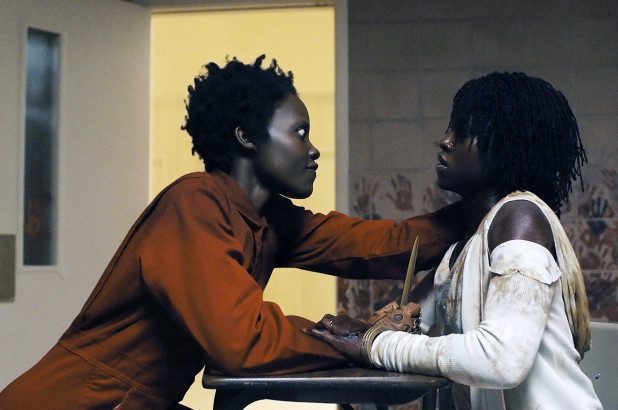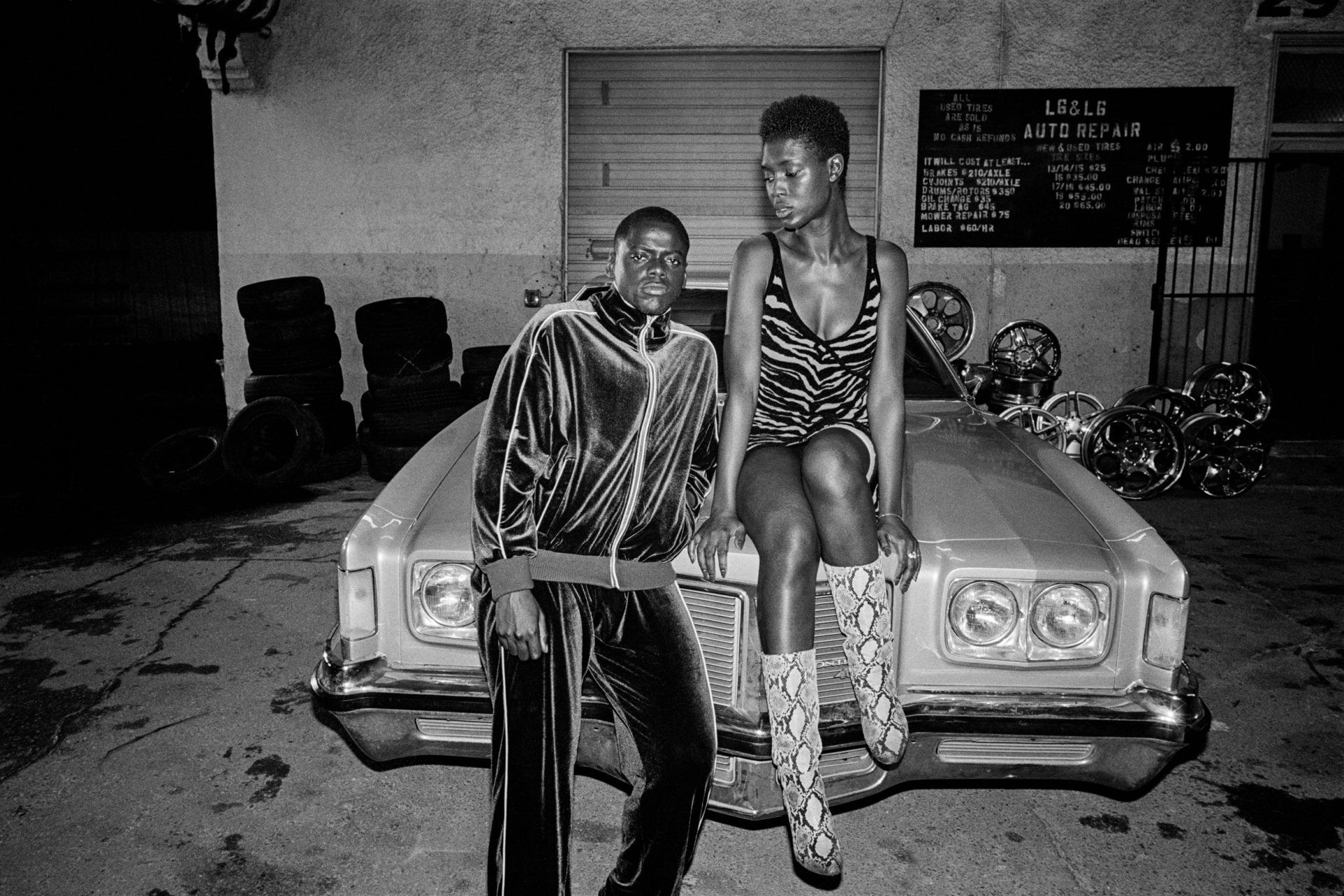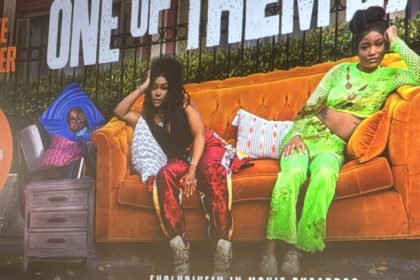
In the opening scene of Jordan Peele’s Us, a vintage TV set displays a commercial of the 1986 Hands Across America campaign. The obnoxiously weird campaign attempts to fight homelessness by encouraging millions of Americans to hold hands to form a human chain across the nation. Next to the vintage TV, VHS tapes of 1980s movies The Goonies, C.H.U.D. and The Right Stuff, are in clear view.
Each element in the opening scene plays a major role in Peele’s quest to present a horror flick while throwing out subtle hints about the nation as a whole.
Us follows the life of Adelaide Wilson, first portrayed as a young girl by Madison Curry and as an adult by Lupita Nyong’o (Nyong’o, arguably her best performance on film, deserves an Oscar nomination for pushing herself beyond the limit with this role). After wandering off from her family during a trip to the carnival on a beach in Santa Cruz, the younger Adelaide enters a house of mirrors and experiences an event that changes her life forever.
Decades later, Adelaide, now married with two kids, returns to the same beach with family and friends for a summer getaway. As Adelaide encounters small details that remind her of the life-changing event that occurred decades earlier, the film goes from road trip fun to spine-tingling creepiness.
The darkness of night sets in as Adelaide and her family are stalked at their vacation home by a family dressed in orange jumpsuits. When the unidentified family forces its way into the home, it’s revealed that they are doppelgängers seeking revenge.
When the “real” Adelaide questions her doppelgänger by asking, “Who are you?” Speaking in a hoarse voice, her doppelgänger responds, “We’re Americans.”
The film eventually begins to reveal itself as somewhat of a mirror to America while also featuring scary moments and instances of morbid brutality. The doppelgängers are known as the Tethered people, mechanical clones who are so entrenched to mundane tasks, that they live their entire lives in a structured underground prison. It speaks to the larger reality of millions of Americans who become attached to occupations that keep them silent, docile and robotic-like.
There are also elements of the invasion factor that has served as a major point of concern for the current presidential administration. At one point in the film, Adelaide suggests to her husband Gabe, played by Winston Duke, that the family escape the ongoing terror by leaving America and driving to Mexico. It’s another subtle nod to a president who insists that the nation can only be safe once it builds a wall that will keep Mexicans out of the United States. Us challenges that notion by highlighting the fact that Americans are more likely to encounter violence inflicted by fellow citizens, opposed to illegal immigrants.
But even as symbolism reigns in Us, it relies less on social commentary than Peele’s debut hit Get Out which blatantly took aim at racists who inflict pain through microaggressions.
Overall, Us will likely cause most moviegoers to scratch their heads and search Google by the end of the film. Peele’s intense journey will keep you wanting more, even if it means witnessing the horrors we inflict on ourselves.











